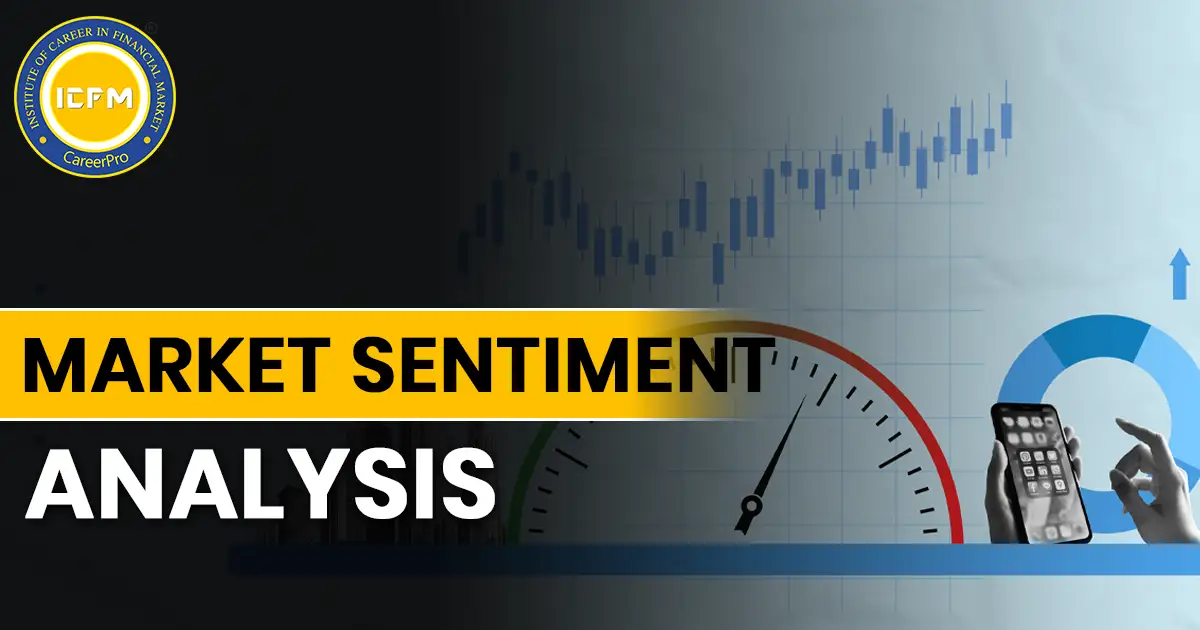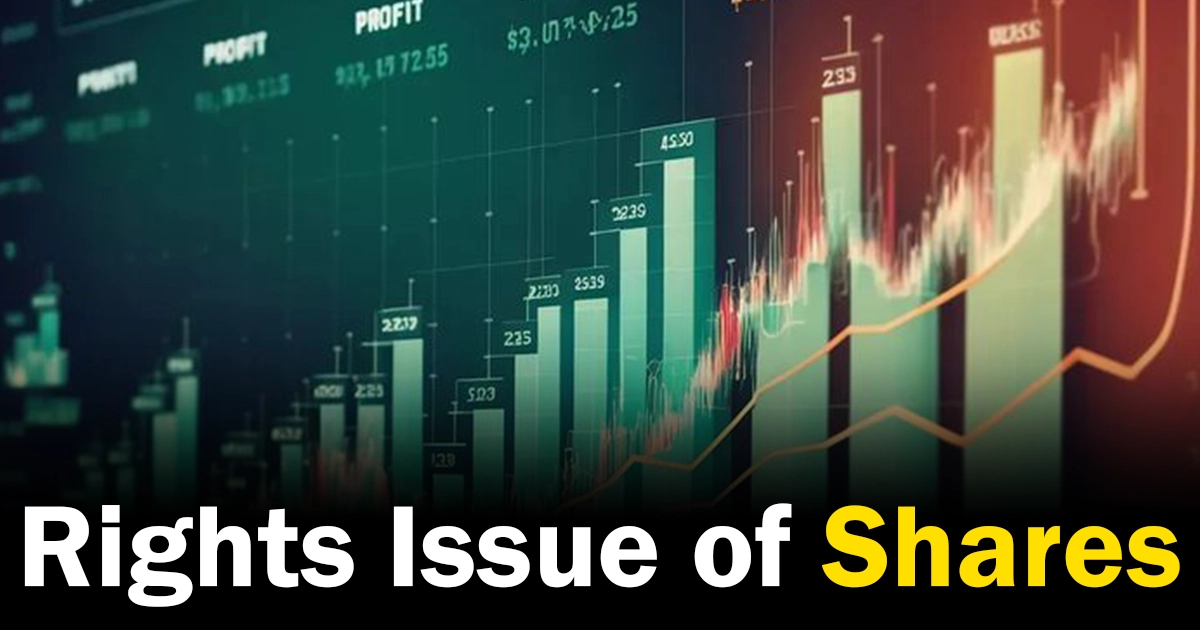Market sentiment is the general attitude or feeling of investors toward any particular financial market or asset. To that end, it can be considered a core determinant of market trends, which is related to the feelings and perceptions held by the participants of financial markets. Through the identification of market sentiment, one can point at prospective movements in the markets and decide well on investment matters. These are various factors shaping market sentiment as of July 2024: macroeconomic conditions, geopolitical events, and technological change.
Economic Factors that Impact Market Sentiment
Interest rates and Federal Reserve interventions
The monetary policy decisions taken by the Federal Reserve influence the majority of market sentiments. For the past couple of months, the Fed has been keen on the issue of inflation and economic growth, raising debate on whether to adjust interest rates. Higher rates get rid of the positive sentiment in markets, seeing as it increases borrowing costs and seeing as consumers will spend less. On the flip side, lower rates will mean more economic activity, and as such, more investor sentiments as well (More) (Nerd Wallet: Finance smarter).
Inflation Worries
Long-term investors are very concerned about inflation because it can mean the gradual depreciation of purchasing power and will undermine corporate profits. Generally, market sentiment changes according to the release of new data concerning inflation and how the Fed reacts to such developments. Investors react in particular to signs that inflation may turn out to be more persistent than expected, while respective monetary tightening would have to be all the more aggressive.
Economic Growth and Employment
Other influential market sentiment-driving forces include economic indicators, such as GDP growth and employment figures. In an uptrend, the optimistic economic data can fuel the confidence of investors and subsequently build a bullish market sentiment. Investors usually turn bearish after experiencing periods of weak economic performance or high unemployment, which often leads to an appreciation of pessimism in growth and lowers the expectation of potential earnings (Detailed).
Geopolitical Events and Their Impact on Sentiment
Global Trade Relations
Trade relations between key economies, like the United States and China, are a critical factor. Tension or an uncertain trade relationship suggests volatility in markets. Indeed, financial markets would suffer much turbulence as investors would, hence, examine the impacts on global supply chains and economic growth. Recent developments in trade negotiations or tariffs may sway market sentiment in either direction(NerdWallet: Finance smarter).
Another aspect that impacts the sentiment is political stability. Any instability that arises due to elections changes in government policies, or geopolitical conflicts may shake investor confidence fundamentally. Indeed, investors are monitoring geopolitical hotspots and any eventualities that may bring about a halt in global markets closely in July 2024 (Full Detail).
Technological Changes and Its Effects on the Sentiment
Artificial Intelligence and Automation
Improving technological changes within artificial intelligence and automation drive market sentiment, opening up new avenues of investment opportunities while disrupting traditional industries. Any company that manages to incorporate any AI technology into its infrastructure is bound to experience positive sentiment as investors price in the improvement in operational efficiency and profitability expected from it (The Markets Watch).
Emerging Technologies and Innovations
What also applies to market sentiment is the innovation in renewable energies, biotechnology, and FinTech. There is sentiment for the potential of these technologies to bring future growth on new markets. Sentiment is very volatile though, since these industries are highly subject to changes by regulation and technological challenges (The Markets Watch).
Sentiment Indicators and Their Interpretation
VIX Index
The VIX, often referred to as the "fear index," is an indicator of market volatility and, at times, is used to measure investor sentiment. An increasing VIX tends to indicate increased uncertainty in the markets and, therefore, a bearish sentiment, while a decreasing VIX implies calm and a bullish sentiment. Currently, in July 2024, the VIX is under close monitoring for evidence of higher volatility due to economic and geopolitical uncertainties (Detailed).
Investor Surveys and Sentiment Indexes
Investor surveys and sentiment indexes institutionalized through such means as the AAII Investor Sentiment Survey indicate individual investor mood. This would track changes in bullish, bearish, and neutral sentiment, aiding market participants to gauge the outlook across the board for retail investors(Detailed) (Nerd Wallet: Finance smarter).
Market Breadth Indicators
Market breadth indicators, such as the advance-decline line, compare the number of issues rising to those falling during a certain period. Positive market breadth, meaning that more stocks are rising than falling, tends to indicate bullish sentiment. Negative breadth suggests a bearish sentiment. The indicators just serve to confirm the trend within the markets and changing sentiments in the viewpoint of an analyst
Market sentiment refers to one of the dynamic and complicated features of a financial market that is influenced by many factors: economic conditions, geopolitical events, technological developments, to name a few. At the moment, in July 2024, the investor is viewing a backdrop marked by high inflationary pressures, uncertain geopolitics, and swiftly changing technology. If they understand what drives market sentiment, they will be better prepared to make sound investment decisions and foresee market movements. It is in the best interest of any investor to keep a tab on sentiment indicators while remaining updated on the key developments that take place so that appropriate positioning within the changing market environment can be better positioned.









